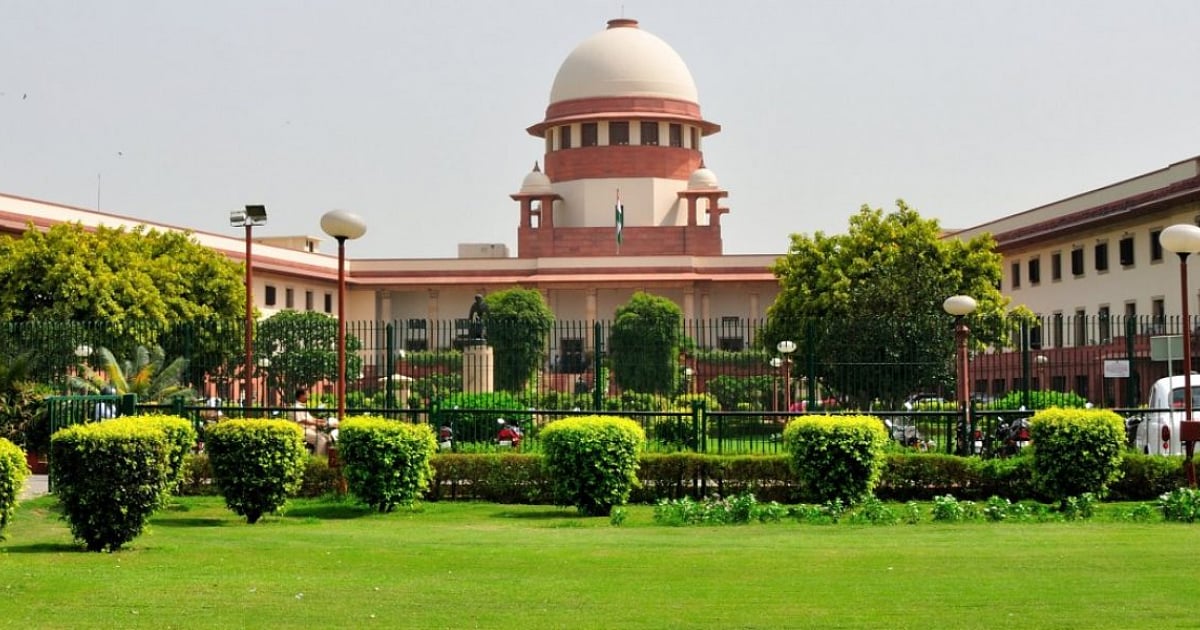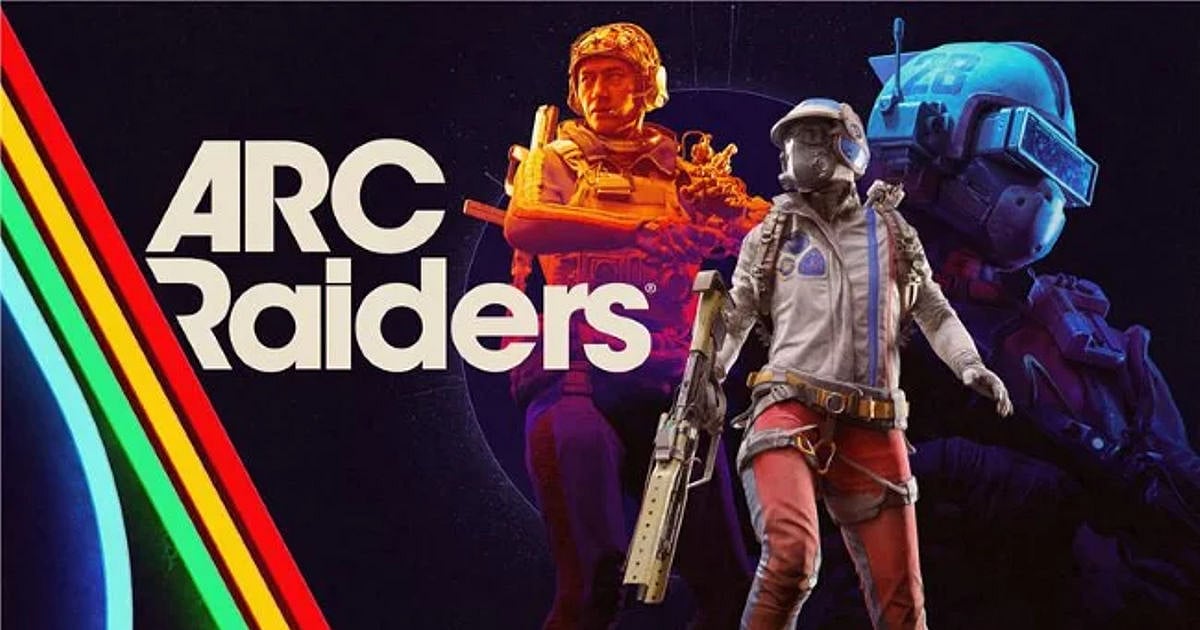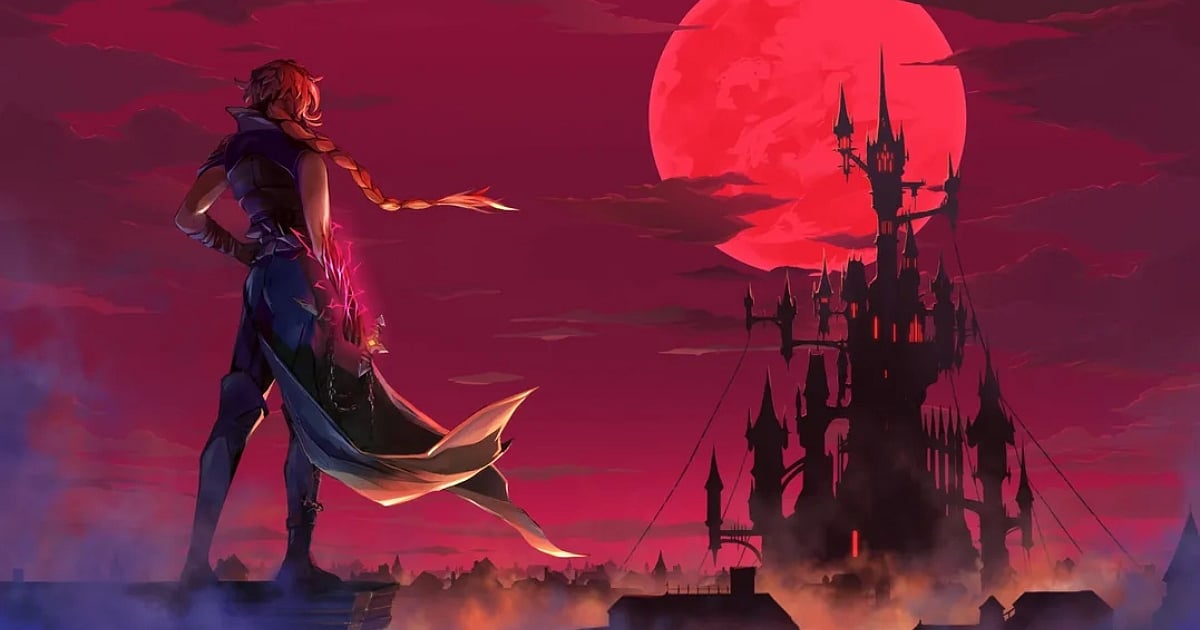
Credit: iasgyan
Supreme Court of India to Rule on Online Money Gaming Ban
The Supreme Court takes charge of petitions on India’s new ban impacting a $3B industry and over 200,000 jobs.
India's Supreme Court has consolidated all legal challenges to the country’s new Promotion and Regulation of Online Gaming Act, 2025. This sets the stage for a definitive ruling on legislation that bans real-money online games and threatens a 3 billion USD industry that employs more than 200,000 people.
Justices J.B. Pardiwala and K.V. Viswanathan ruled on Monday that petitions filed in the high courts of Madhya Pradesh, Karnataka, and Delhi against the Union government’s recent law would be transferred to the apex court. Both the Centre and the petitioners agreed that multiple hearings across states risked conflicting judgments.
Solicitor General Tushar Mehta noted that the legal issues raised, particularly the constitutional challenges, were similar to those already heard by the same bench in the case concerning the 28% GST levy on online gaming, which is still awaiting a verdict. Given this overlap, the bench agreed that consolidation would ensure judicial clarity and efficiency.
Why the Ban on Online Money Gaming?
The legislation, cleared by the Union Cabinet in August 2025, does not impose a blanket prohibition on all online gaming. Instead, the Promotion and Regulation of Online Gaming Act, 2025, imposes a nationwide ban on online games that are played with monetary stakes.
Government officials have justified the law on public health and social grounds, citing concerns about addiction, rising debt, and cases of financial ruin among players.
Several state governments, including Tamil Nadu and Andhra Pradesh, had already passed their own bans on online gaming for stakes in recent years, arguing that it was fueling suicides and family distress.
Industry Fallout
Platforms such as Games24x7, MPL, and Baazi Games have already begun workforce reductions. While exact figures vary, company insiders have cited the new regulatory environment as the primary reason for layoffs, and analysts expect deeper cuts if the law is upheld. Investors have also pressed pause on funding commitments, creating ripple effects across India’s broader digital economy.
This is not the first time the Supreme Court has intervened in the sector. In 2024, it consolidated multiple writ petitions from different high courts on the 28% GST levy. Legal experts believe the latest move indicates the court’s intent to lay down a binding precedent for the fast-evolving gaming industry.
The Supreme Court’s decision to take control of all petitions ensures a landmark judgment is imminent. Whether the court validates the government’s approach by upholding the ban or reopens the door to a regulated, skill-based framework will determine the future of jobs, businesses, and innovation in one of India’s most dynamic digital industries.

Author
Probaho Santra is a content writer at Outlook India with a master’s degree in journalism. Outside work, he enjoys photography, exploring new tech trends, and staying connected with the esports world.
Related Articles







